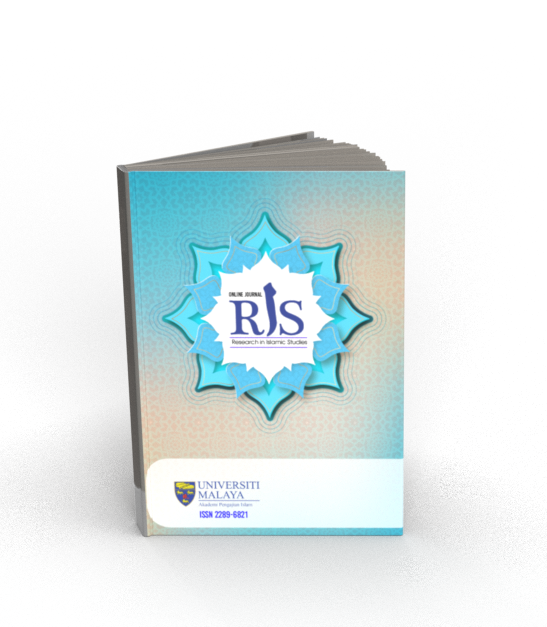Main Article Content
Abstract
This research touches a large segment that has social weight in human societies. It addresses the educational process in universities and scientific centers; As the contemporary reality bears witness to the abundance of those holding university academic titles, who believe that these titles raise their status and social status, in light of the absence of a sound intention to acquire the Islamic sciences, in addition to the deterioration of their scientific, skill and intellectual levels. As their ego, material aspects, and colorful intentions took control of them; Scientific titles have become a kind of boasting, opportunism, and dictatorship, and they seek to obtain them by all legal and illegal means, even if it is at the expense of science, knowledge, and morals. The first and second sections were a prelude to defining the concepts of the title of the research, and the jurisprudential rule of “things with their purposes,” leading to the main research goal in the third section, which is the legal violations of academic titles in promotion transactions, starting with the title of “teaching assistant” and reaching the highest scientific title of “professor” or “professor.” "...etc. These violations top the process of academic plagiarism - about which much has been written - passing through more than twenty legal violations - neglected - and ending with scientific drought.
Keywords
Article Details

This work is licensed under a Creative Commons Attribution-NonCommercial 4.0 International License.
Copyright Notice
By submitting manuscripts to the Online Journal of Research in Islamic Studies (RIS), authors agree to transfer copyright to the journal. However, authors may republish their work or grant others permission to republish it; in which case it should be accompanied by a proper acknowledgment that the work was originally published in the Online Journal of Research in Islamic Studies (RIS). The journal adopt CC-BY-NC licence which authors may also share and distribute their article anywhere of non-commercial website, social media and repositories immediately on publication.
Authors may also reuse the Abstract and Citation information (e.g. Title, Author name, Publication dates) of their article anywhere at any time including social media such as Facebook, blogs and Twitter, providing that where possible a link is included back to the article on the journal site.
